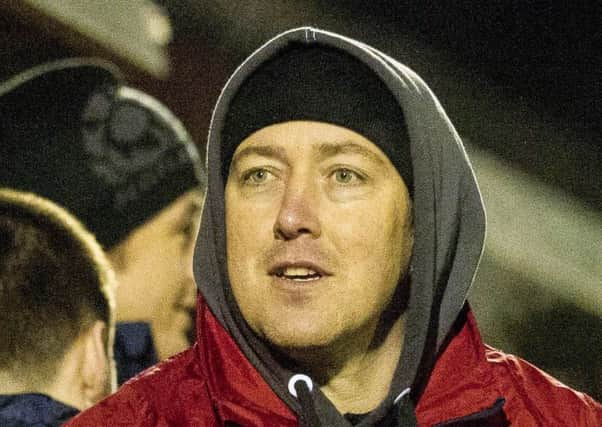Scottish rugby clubs vote not to play Super 6 ‘drop-downs’


At a recently convened meeting, clubs in National One and the Premier League agreed that they would not field any Super 6 refuseniks who were unwanted by their semi-professional teams on any given weekend.
Each Super 6 team will operate with a 35-player squad, consisting of 30 semi-professionals plus five stage 3 academy players. The academy players, some of whom may be at stage 2, are allowed to “drop down”, which would still leave a potential seven players per franchise – 42 players across the whole Super 6 – kicking their heels on the sidelines every weekend, although those numbers will obviously drop when injuries kick in.
Advertisement
Hide AdAdvertisement
Hide AdThis is hardly ideal, especially given that these are some of the more gifted players in the country, at least some of whom will be expected to step up into the professional ranks.
“There was absolutely nothing said about dual-registration for players throughout all the long discussions about the Super 6,” said Hawick secretary John Thorburn last week, defending the clubs’ decision. “The feeling was that the clubs in the Premier League and National One wanted a level playing field.
“The decision was taken at a meeting convened a couple of weeks ago and was all perfectly friendly. The Super 6 clubs were at the meeting and the decision was unanimous.
“The second teams of the Super 6 franchises are playing in National One next season and it is not fair or reasonable to expect National One players to compete against semi-professional players on a weekly basis. The mismatch would be dangerous.”
The decision will come as a blow to the Super 6 clubs who, naturally enough, would have envisaged bulking up their amateur teams’ Saturday squads with unwanted semi-professionals from the same franchise in a bid to return to the Premier League as soon as possible.
“It doesn’t make any sense on two levels,” says Phil Smith, coach of the Heriot’s Super 6 franchise next season.
“Firstly you are denying boys the chance to play a game of rugby on a Saturday afternoon, and that is wrong. The guys who we are talking about, they are club men like everyone else, and all they want to do is play the game. And secondly we currently allow full professionals to play in the club game, so how is allowing semi-professional players, who won’t be training that much more than they already are, into the club game any more dangerous? It doesn’t really make any sense.”
It is not yet clear whether full professional players from Edinburgh and Glasgow will be allocated Super 6 franchises to play for when they are unselected by their pro-teams.
Advertisement
Hide AdAdvertisement
Hide AdThe uneven allocation of professionals to the club game – some clubs get four or five players while others get none – was cited as just one of several reasons that the amateur clubs from National One and Premier One rejected any drop-down players from Super 6.